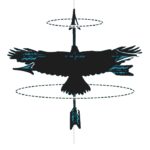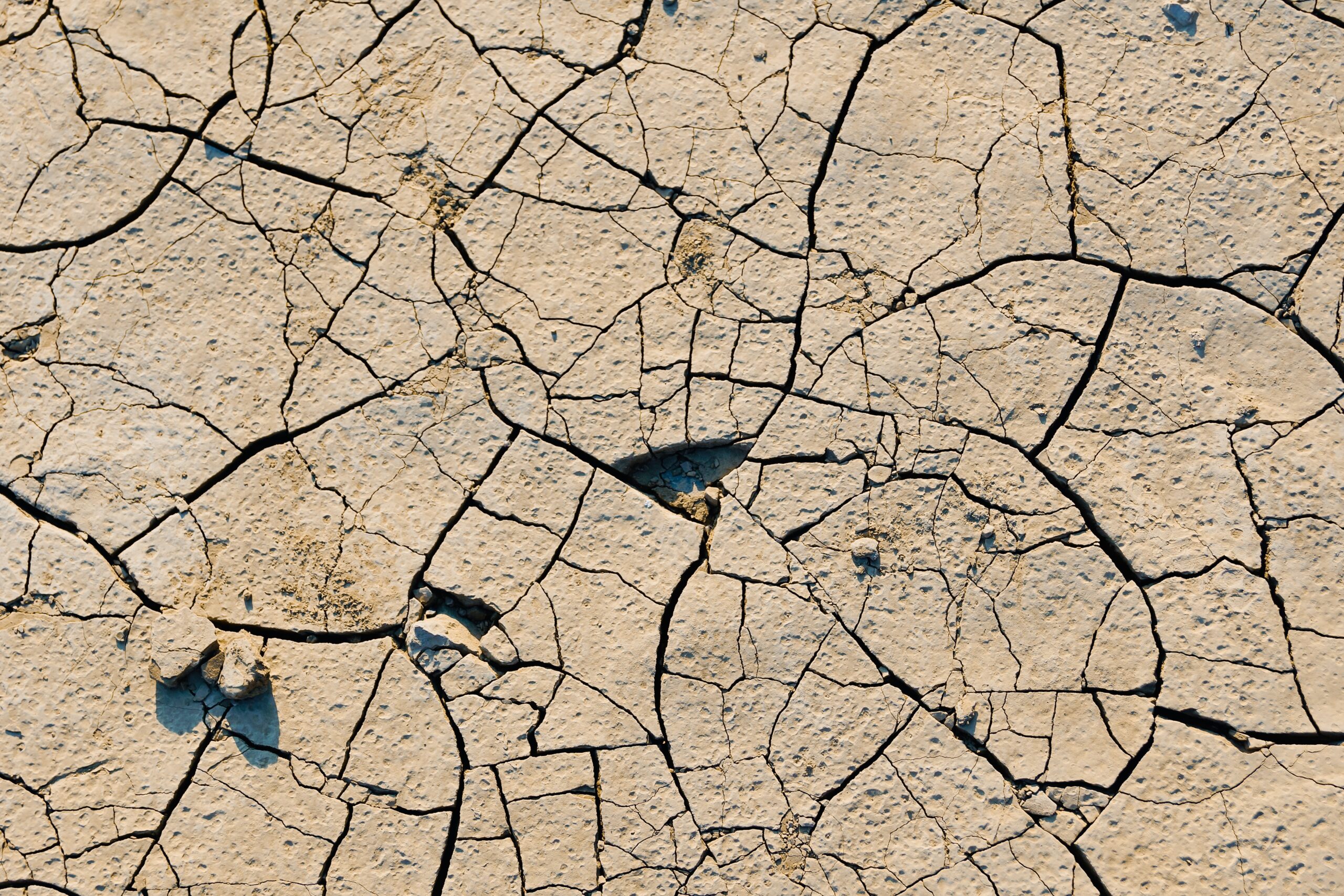Abstract
For Ruth Behar
I should never have left.
There were strangers who became aunty
and uncle. I worried for their children,
feared Allende’s nightmare; seeing
a child’s lungs crushed – live,
slowly, no musical cue.
Did you get my email? I was alone,
never realized how little knowing
mattered, how much. The lake was a prequel
to a disease: serene and deadly. The bread basket
a murder scene, yeast wild and sour. The desert,
bitter and abandoned, was a kind of donkey yellow:
long eyelashes and a scowl. And in the East
between ocean and village was sand and haunting,
no one rested. Ruth, this is no ethnography –
words came to my ear but did not make it past the drums.
Miraa was baptized – clean, flossed the teeth
of drunks, was servant. For days
it was kindness, love artfully wrapped
in banana leaves to pay a dowry.
Prone to showing off though, it preferred buying rounds
at the bar to paying maternity bills.
I’m no anthropologist, Ruth.
I was a girl climbing trees to help with the harvest.
It was a kind of tourism, my illiteracy let me be
only the kind of girl I wanted to be: volunteer,
mad woman roaming the streets.
Half man – no more. Ruined.
Theory On Plenty
i
Not long ago I spent nights
in the homes of others, frightened like a tourist
of malaria, civil war and forced marriage.
Evenings I washed the dust off my body
in a small shed, the occasional cockroach
pondering my intrusion into its home
from the wood frame, meaning no harm.
Into the shed I took the half or near full
bucket of water my family offered,
my practiced hand cupping the warm or cold water –
sometimes cloudy with dredges of last night’s corn meal
and kale, or the body from which it was drawn – to splash
just enough to soap and scrub myself and then lift
a voluminous assurance over my head at the end,
that there is plenty in the world.
ii
The drought in Vancouver this summer: out of sight
glaciers are melting briskly while forest fires rage.
one day the air we breathe is as grey as the grass
and someone turns off all the water fountains.
But the taps are not dry, here no buckets and drums
of water line the corridors of homes and offices.
I can wash my hair in the shower, fill that white
room with hot mist. You mustn’t water the lawn,
the government says.
Canada Day: we buy a long plastic sheet, lay it
along a slope of drying lawn. We squirt
biodegradable soap across the top of the sheet,
on our bellies and bottoms, open the hose and
launch ourselves, headfirst, bottom first. We stop
when our sudsy glee can’t cover our bruises and guilt.
It’s as close as I’ll get to my mother
as a child, racing down the smooth rock of a riverbed
on water rushing forward, unmetered,
almost harmless.
—
Ngwatilo’s poems have appeared in Transition, Poetry is Dead, Obsidian, Johannesburg Review of Books, and One Throne Magazine among other journals and magazines. The author of two chapbooks – “Dagoretti Corner” and “Blue Mothertongue”, she received her MFA from the University of British Columbia. Twice shortlisted for the Brunel International African Poetry Prize, the Callaloo Fellow is currently completing her first short film.

